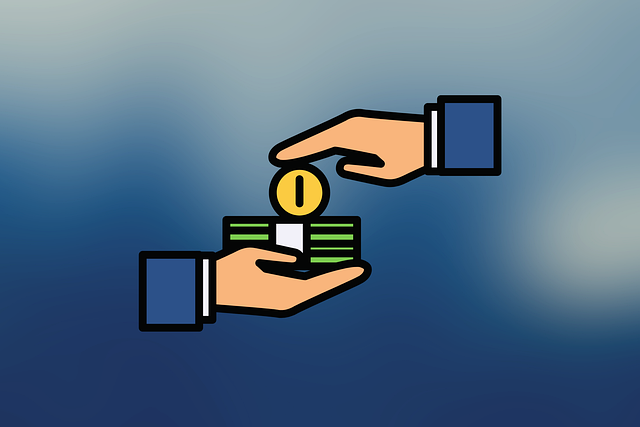This article, while it may seem self-serving, is really intended to provide a realistic point-of-view about the free vs. buy decision when looking for a piece of software.
First let’s look at reasons why someone might release free software, keeping in mind that usually, nothing is truly free:
- The “free” software may have an upgraded Pro version that costs money
- Free software often has hidden ways to recover expenses, such as game software where you can buy “tools” or other features
- The author of free software may have a full time job and releases a piece of software “for fun” (somewhat uncommon)
- Every now and then, a self-made engineer would release free software, often just to collect an email following
- The free software could really be a giveaway in the hopes that the user will buy some other piece of paid software
The truth of the matter is that developing software on any platform takes a good bit of time, and often requires the developer to spend their money on things like cloud services, SSL certificates, domain hosting, etc. Even what appears to be a very limited application might take months of development and debugging time. Then, of course, users generally expect software developers would either fix their software, update their software, or just offer some kind of support. It is rare indeed that anyone will simply give away their time without any prospect of recovering their expenses.
Below is a chart comparing various aspects that might affect your choice between free or paid apps. Keep in mind that not every product will meet the criteria listed. However, for the most part, the chart below should be relatively accurate. I hate to recite a cliche’, however, sometimes you just get what you pay for!
Criterion |
Free Software |
Paid Software |
|---|---|---|
Support |
Limited, based on developer availability. |
Generally within 1 business day via email or web. |
Upgrades |
Usually free and unlimited, however much less frequent. Also, authors are much less likely to be responsive to add features to their product. |
Minor versions free; some major versions cost might depend on the type of license. Most serous developers will take pride in their product and attempt to keep up with users’ requests. |
Documentation |
Most likely quite limited, if any at all. |
Better paid apps should supply significant documentation through web site or help files. I personally look for real documentation before I even attempt to install a piece of software. |
Quality |
Often decent, however frequently will have a good deal of bugs. Best of luck to have those bugs repaired. |
Quality should be better (no guarantees); expect bug fixes to come more quickly. In fact, sometimes reputable developers will offer some type of money back guarantee if you are not satisfied.. |
Features |
Within the software category, expect a more limited set of features. Sometimes, however, free software can be quite robust. Ya never know! |
Expect a competitive, extensive set of features as paid software typically competes with many other products in the genre. Quite often the developer’s website will compare their feature set with those of their competitors. |
While I have used a good deal of free software or free “plugins” (such as those that enhance popular software, like WordPress plugins do), I’ve found that the larger the expected feature set, the more likely there is a “Pro” version that I need to buy. There is nothing wrong with trying to use free software, however don’t be disappointed if you have to pay something for features you might need.
